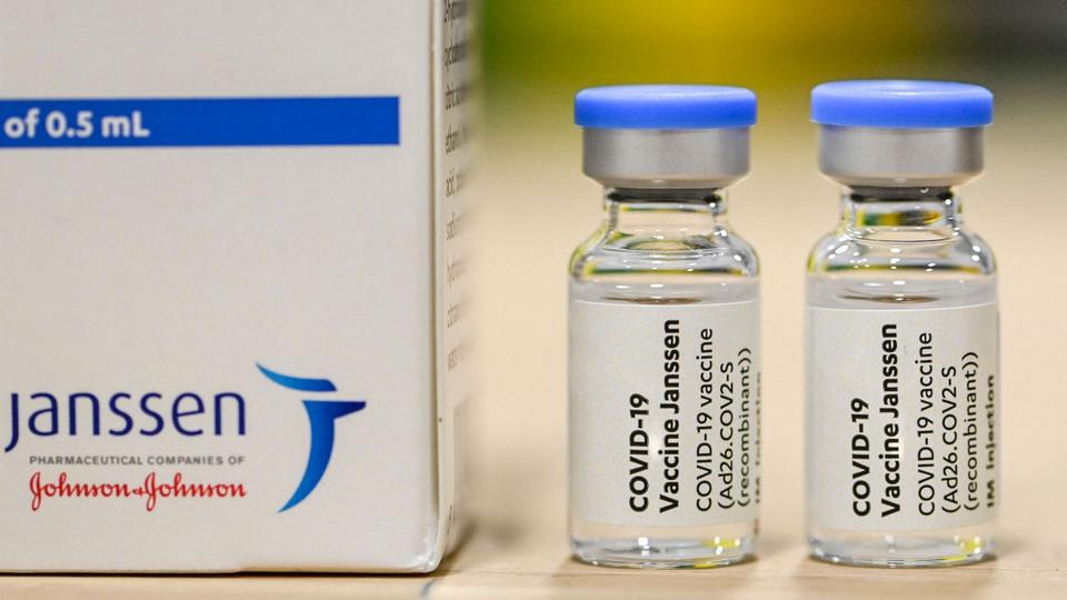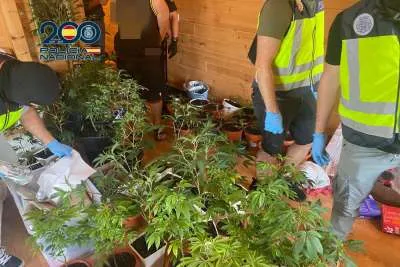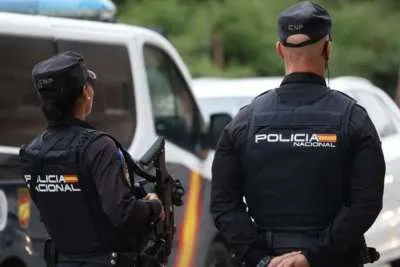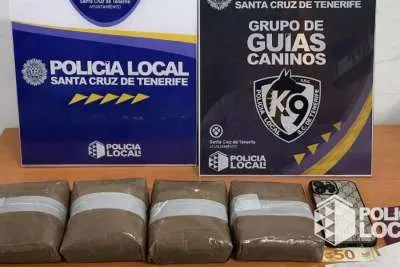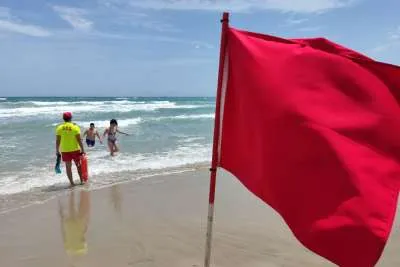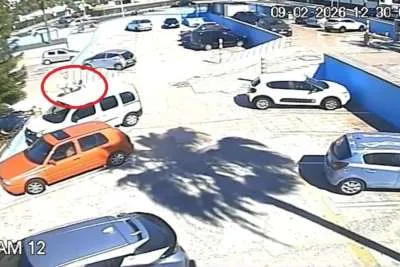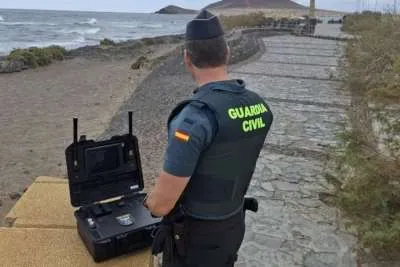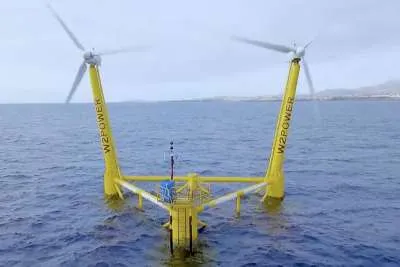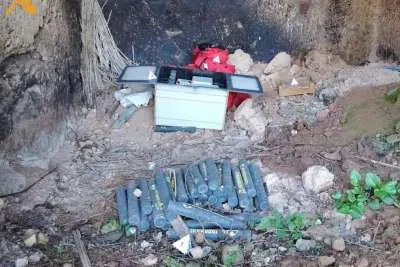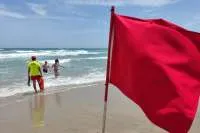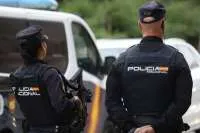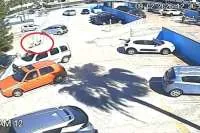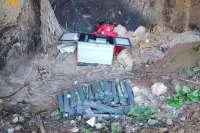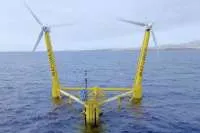Those vaccinated with Janssen will get a booster jab from November 15th
- 27-10-2021
- Health
- Canarian Weekly
In Spain, 1.97 million people that had the Janssen single-dose vaccine as part of the vaccination campaign against Covid, will be eligible to receive a booster dose of either Pfizer or Moderna, just three months after having their initial jab. This will give extra protection to them, and others, due to the increased effectiveness of those vaccines compared to the single-dose one.
On Tuesday afternoon an agreement was made by the Public Health Commission, in which the autonomous communities and regions of Spain were represented by the Ministry of Health, to start administering this booster dose as the Janssen vaccine only has an efficacy (protection) rate of 66.9% compared to Pfizer’s 95% and Moderna which is 94.1% (after both doses).
This means, in real terms, that unvaccinated people are most likely to catch Covid and be hospitalised (4 times more chance), then those vaccinated with Janssen or AstraZeneca (due to less efficacy), and those protected by Pfizer or Moderna are least likely to catch the virus or get seriously ill from it.
Any vaccine with an efficacy of 50% will help combat the pandemic, but as the virus mutates maximum protection is needed. The lowest protection of the four vaccines sanctioned by the EMA for use in the EU is AstraZeneca with an efficacy of 63%, but the booster of that one is already scheduled with the same again.
The vaccination campaign now has two main objectives: administering a booster dose, which is currently being inoculated to those over 70 years of age, alongside the flu vaccine; and, secondly, on November 15th, starting to protect this group of 1.97 million people in Spain who received the Janssen single-dose vaccine.
Other articles that may interest you...
Trending
Most Read Articles
Featured Videos
TributoFest: Michael Buble promo 14.02.2026
- 30-01-2026
TEAs 2025 Highlights
- 17-11-2025


